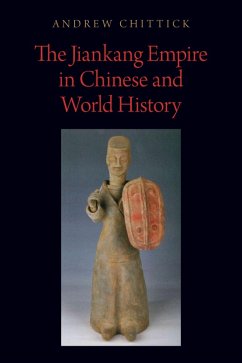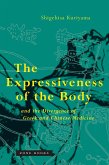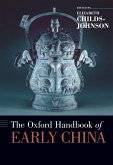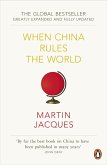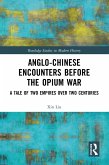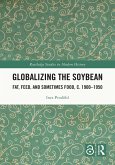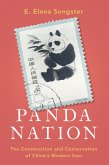This work offers a sweeping re-assessment of the Jiankang Empire (3rd-6th centuries CE), known as the Chinese "Southern Dynasties." It shows how, although one of the medieval world's largest empires, Jiankang has been rendered politically invisible by the standard narrative of Chinese nationalist history, and proposes a new framework and terminology for writing about medieval East Asia. The book pays particular attention to the problem of ethnic identification, rejecting the idea of "ethnic Chinese," and delineating several other, more useful ethnographic categories, using case studies in agriculture/foodways and vernacular languages. The most important, the Wuren of the lower Yangzi region, were believed to be inherently different from the peoples of the Central Plains, and the rest of the book addresses the extent of their ethnogenesis in the medieval era. It assesses the political culture of the Jiankang Empire, emphasizing military strategy, institutional cultures, and political economy, showing how it differed from Central Plains-based empires, while having significant similarities to Southeast Asian regimes. It then explores how the Jiankang monarchs deployed three distinct repertoires of political legitimation (vernacular, Sinitic universalist, and Buddhist), arguing that the Sinitic repertoire was largely eclipsed in the sixth century, rendering the regime yet more similar to neighboring South Seas states. The conclusion points out how the research re-orients our understanding of acculturation and ethnic identification in medieval East Asia, generates new insights into the Tang-Song transition period, and offers new avenues of comparison with Southeast Asian and medieval European history.
Dieser Download kann aus rechtlichen Gründen nur mit Rechnungsadresse in A, B, BG, CY, CZ, D, DK, EW, E, FIN, F, GR, HR, H, IRL, I, LT, L, LR, M, NL, PL, P, R, S, SLO, SK ausgeliefert werden.

